It’s something I promise myself I’ll do every year and never manage. That is, until this year.
For the first time ever, I’ve read the entire Women’s Prize shortlist before the winner’s announced later today. Not only that but I finished reading the final book, Patricia Lockwood’s No One Is Talking About This, on Sunday. That’s right, with three whole reading days still to go!
It was a heady moment.
Briefly, anyway, because apparently it’s not enough of a margin for me to shed the Last Minute Kath moniker, according to my non-bookish husband who coined the term, and yes, I do have to credit the Winner’s event being postponed from its original date in July with undoubtedly helping me unlock this bookish achievement. (I know it only looks like six books to you but for me to read ANY set TBR within a specific timeframe definitely counts as an achievement.)
This year’s shortlist is an incredibly strong one and I wouldn’t want to be one of the judges having to decide between these six incredible books. They all have their merits and any one of them would be a worthy winner.
Here’s what I thought of each of the books in the order in which I read them:
The Vanishing Half by Brit Bennett. This was a book group read from the beginning of the year and, as a result, one of the shortlisted books that I’ve discussed most with others. I really enjoyed this story of twin sisters and how their lives diverge. Brit Bennett adds real depth to it by making this a three-generational mother-daughter story told through their mother, Adele, the twins, Stella and Desiree, and then their own daughters, Kennedy and Jude. It’s not only a fascinating look at racial identity and the complexities of passing but it made me consider how much our past shapes our identity, what it costs to deny or hide that, and whether the sacrifice is ever worthwhile.
Piranesi by Susanna Clarke. Having loved Jonathan Strange & Mr Norrell, this was one of my most anticipated books of 2020 but I kept putting off reading it, so that it wouldn’t be over too soon and leave me bereft. What I loved about Piranesi is how we know as little about what is going on or where the labyrinth is or what it might represent as Piranesi himself. He’s a gentle and kind guide: a wide-eyed innocent abroad enjoying the magnificence and beauty of the world he’s exploring and it’s contagious. I would have happily spent more time wandering those marbled halls with him, scrambling over statues to avoid the rushing tides, mapping his world. But I also admired the switch in mood and tone that Susanna Clarke pulls off, which left me with mounting concern for his wellbeing. Piranesi is a book you can read in one gorgeous gulp but which you’ll want to linger over. It’s a world you’ll be loathe to leave but it’s also the kind of book which you’ll want to re-read as soon as you reach the end, once it dawns on you exactly where you’ve been.
Unsettled Ground by Claire Fuller. I’ve loved all of Claire’s previous books and found this quiet novel about middle-aged twins, Jeanie and Julius, deeply affecting. Claire manages to marry beautiful description with a story about rural poverty without remotely romanticising or lessening the twins’ lived experience. Her portrayal of them is compassionate and even-handed and she brings them alive on the page. I felt as if I were living the story with them as it played out. These are characters who live on the fringes of society, people who fall through the cracks in society or who largely go unnoticed except by those looking for a soft target to ridicule or attack, ones who might have shown up as bit players in any other novel. That Claire Fuller brings them to the fore and tells their story of mutual reliance, betrayal and resilience in such a moving, yet stark, way is testament to her skill as a novelist. I feel sure that these characters will stay with me for a long time to come.
Transcendent Kingdom by Yaa Gyasi. This second novel tells the story of a family where the parents and their young son emigrated from Ghana to the United States in search of a better life and how that works out for them. It’s told from the perspective of their US-born daughter, Gifty, who is working on her PhD in neuroscience, studying reward-seeking behaviour in mice. It took me a little while to settle into this one before it clicked what she was actually trying to do and I have to admit that I struggled reading the descriptions of Gifty’s experiments on mice. It’s also a fairly sad story about how trauma impacts upon and alters the family dynamic. What lifts it from being too bleak is Gifty’s fascinating attempt to reconcile a career in science with her religious upbringing and, ultimately, find a way of balancing these two influences in her present life, while also opening herself up to letting others in.
How the One-Armed Sister Sweeps Her House by Cherie Jones: One of the absolute joys of the Women’s Prize is when it introduces me to a new author, which is the case here. I hadn’t heard of this book until it was longlisted for the prize but Cherie Jones is now firmly on my radar and I’ll be reading her future novels. I think there needs to be a separate prize for best title because this one would win. I also love the story behind it and how that was used in the book. This novel is primarily the story of three very different marriages and their trajectories but also sets out to show us the grim reality of life for locals on a Caribbean island; a life which is far from being anything like paradise and is often brutal and disturbing. What really worked well for me here is how this all simmers at one end of the same beach, Baxter’s Beach, and eventually spills over on to it. How the One-Armed Sister Sweeps Her House felt like a mash-up – part-crime story, part-family drama, part-love story and part-folkloric/fairytale-esque – which all contributed to make this an impressive debut.
No One is Talking About This by Patricia Lockwood. I’d heard so much about this novel before reading it and knew it was about a woman who lives her life through social media (here, it’s described as The Portal), until a real-life event demands her attention. When I first starting reading this, I found myself rushing through the vignettes in Part One of this book until I caught the sense of what they were alluding to and slowed down enough to understand and appreciate what Patricia Lockwood was doing here. This novel made me laugh and cringe in equal measure, both when I recognised events that I remembered seeing play out online or it chimed with things that I’d seen or done. Part Two changes the tempo completely and provides a wake-up call for the main character and the reader. (That’s if we still need one after the past year.) Patricia Johnson’s novel is clever and biting and incisive and I enjoyed it very much.
I know what you’re going to ask now. Who would I pick as my winner?
I’m torn between Piranesi and Unsettled Ground but I think I’m going to root for the quieter novel by Claire Fuller. It’s the book which left me feeling bereft when I finished it; it feels the most complete of all six novels to me because it worked on every level and I didn’t feel as if a single word was out of place; and I don’t think I’ll forget Jeanie and Julius for a very long time to come. They’ve left their mark on me and it’s a rare and special book which does that.
Right, I need to post this before the winner is announced. Who will it be? Let’s tune in and find out!
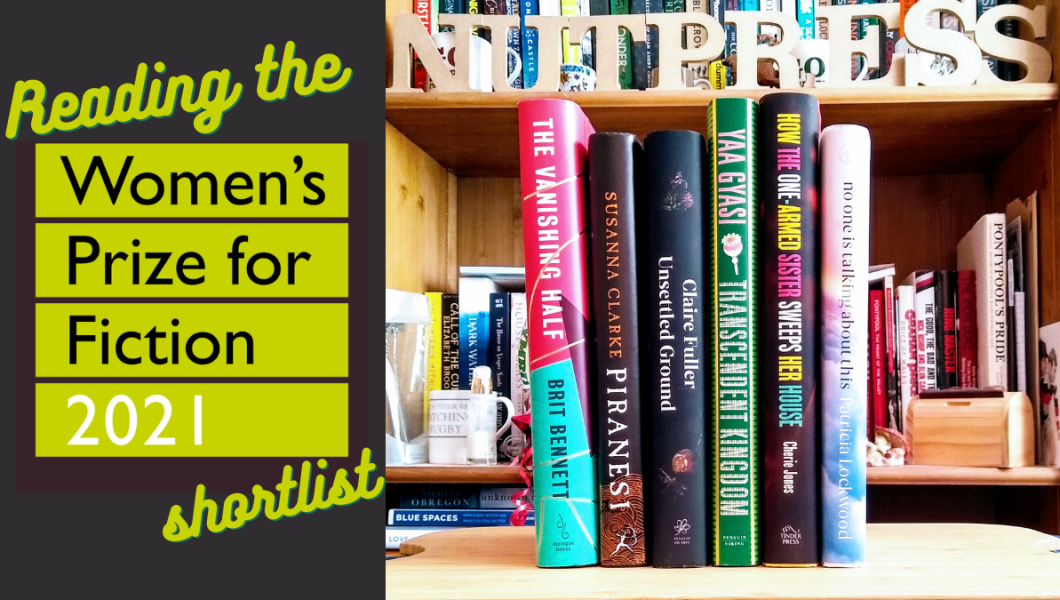
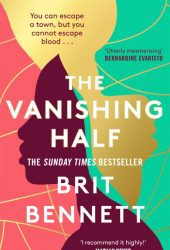

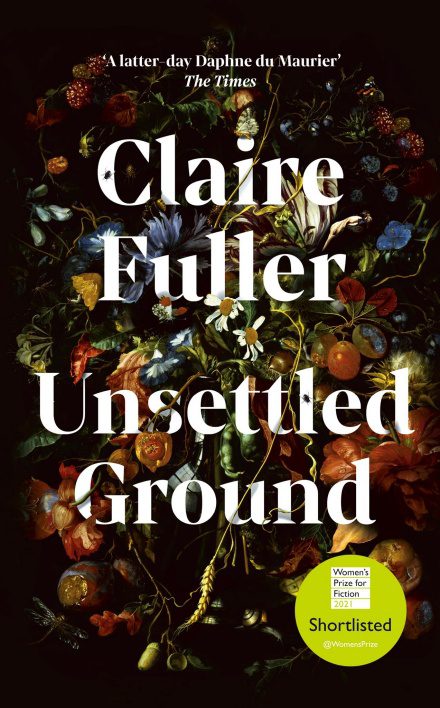
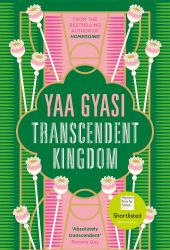
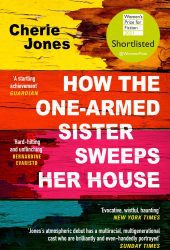
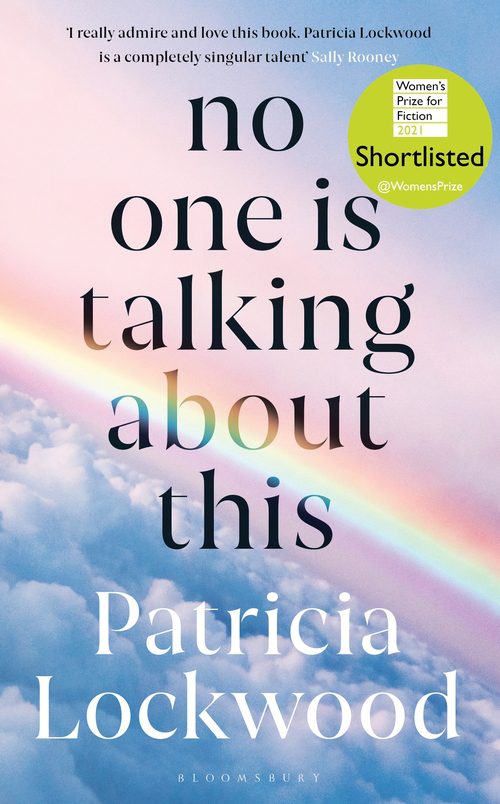
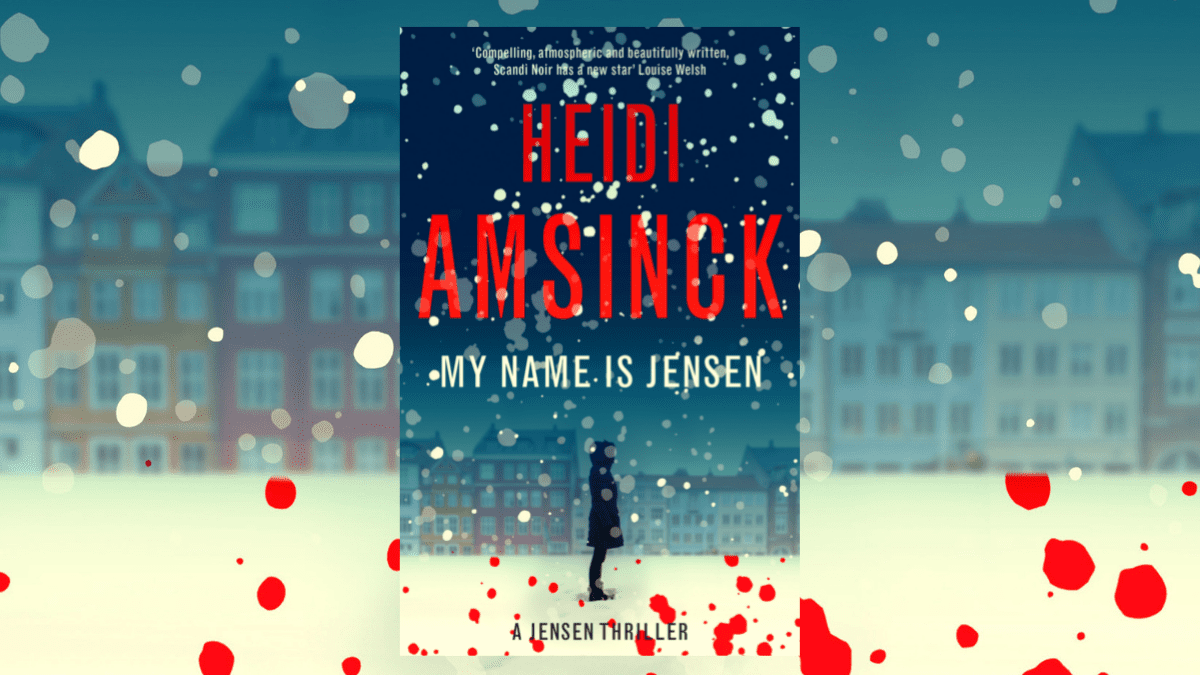
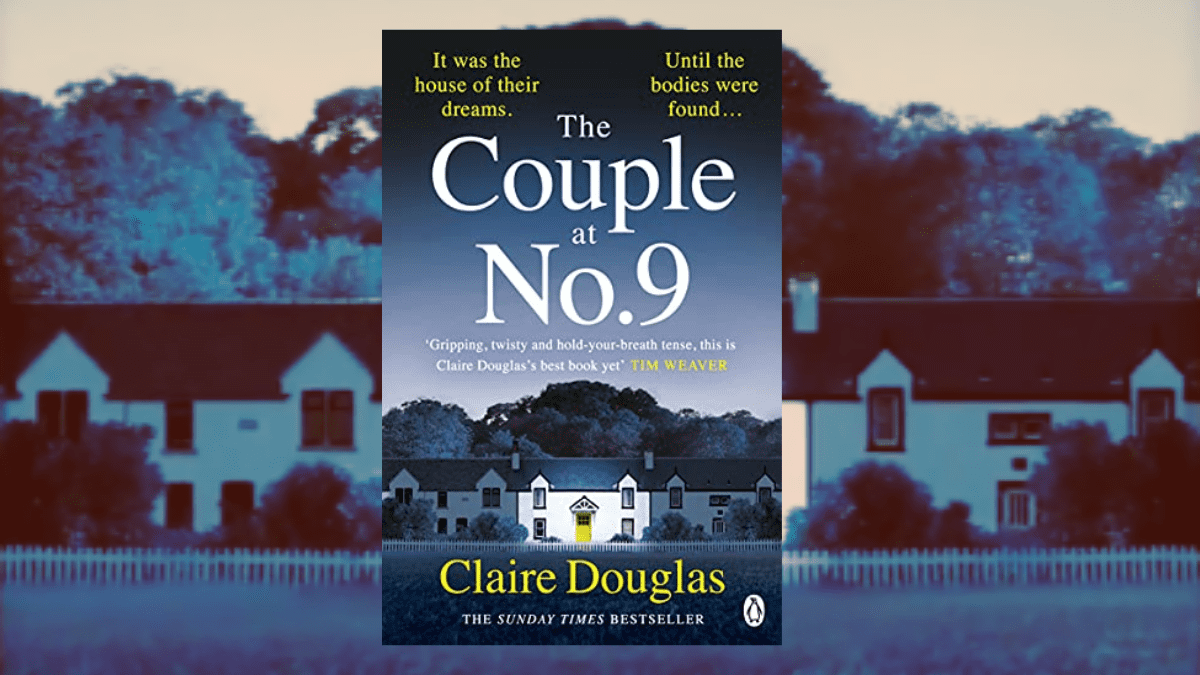
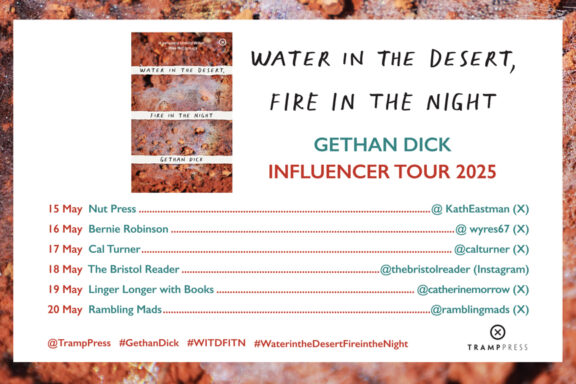
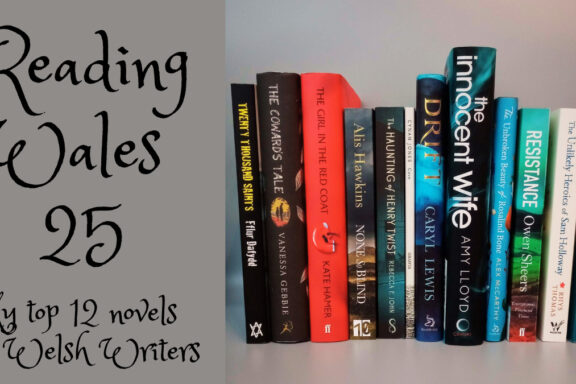
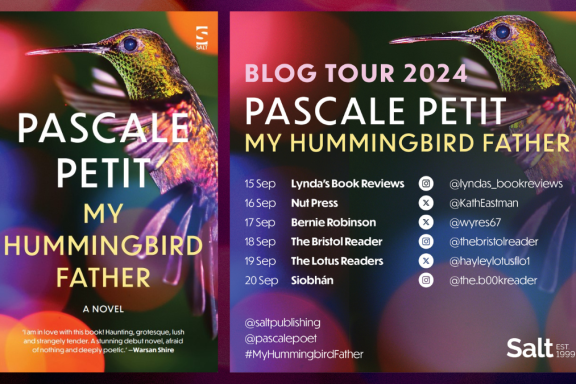
Much respect to you for having read them all! Agree with all your comments about the ones I’ve read, and you’ve made me want to reread the Patricia Lockwood, because I’m afraid I skim read it and fizzled out in the first section. I didn’t have your gumption but you’ve inspired me to go back ❤️
Thanks Susan. I think it’s all too easy to skim read the first section of Patricia Lockwood’s book because it’s all written in vignettes. I definitely gleaned far more from reading it when I took more time over them and gave them some breathing space in between, which I guess is what the white space expects us to do. I hope you enjoy it way more second time around!
Such a great achievement – I’d love to be able to do something like this one year!